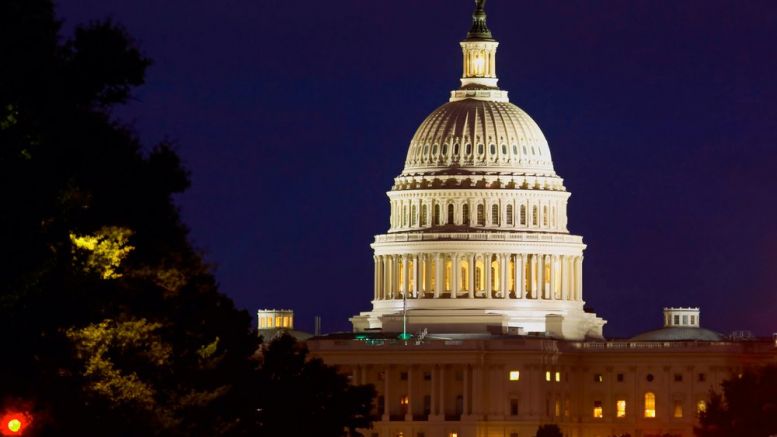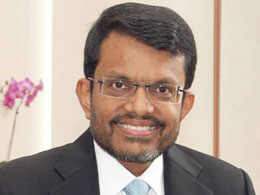
What Role Does Government Play in Blockchain Technology’s Future?
As blockchain technology becomes more widely used, some researchers are recognizing that cooperation and collaboration among all stakeholders, including government, is critical to enable the technology to deliver the efficiencies it promises. A report [PDF] from the C.D. Howe Institute by Thorsten Koeppl and Jeremy Kronick, “Blockchain Technology – What’s in Store for Canada’s Economy and Financial Markets?” identifies challenges facing policymakers and regulators. Koeppl is an associate professor and RBC Fellow at Queen’s University while Kronick is a senior policy analyst at the C.D.....
Related News
Dubai‘s leaders are committed to researching and developing blockchain technology. For instance, the Crown Prince of Dubai wants all government documents held in a blockchain by 2020. Now the largest bank in Dubai, Emirates, has partnered with India’s ICICI on a remittance pilot based on distributed ledger protocols. Crown Prince of Dubai Focused On....
Autonomous construction workers, panoramic teaching environments, high-end spas with pharmaceutical capabilities – as envisioned by the Dubai government, all could be part of everyday life in so-called ‘smart cities’ by 2035. Among the groups working toward this tomorrow today is the Museum of the Future, an ambitious project backed by the government of Dubai with the mandate to highlight how new tech breakthroughs are making these innovations possible. And if recent efforts progress as expected, bitcoin and blockchain could come to play a key role in driving the group’s work. According to....
Japan's Ministry of Economy, Trade and Industry (METI) has released the results of a new survey on blockchain technology, recommending that government groups play a leading role in “verifying the validity” of its use cases. Prepared in conjunction with Nomura Research Institute (NRI), the 75-page report provides an overview of the technology, from detailing the step-by-step workings of a bitcoin transaction to outlining how the mechanics of the protocol could create stresses if applied to existing business practices. Most notably, the report outlines the specific use cases it sees as being....
The Managing Director of the Monetary Authority of Singapore (MAS), Ravi Menon, has commented on bitcoin and digital currencies in an interview, saying they "have a role to play" in the future. Speaking to industry publication CentralBanking.com, Menon answered questions about whether money should remain under the control of central banks, and why the MAS had decided to regulate "virtual currency intermediaries". He said: "It is hard to divine how technology and practices will evolve, 20 or 30 years from now. I would say virtual currencies have a role to play, but I doubt they will replace....
The two previous articles (part one and part two) in this series covered the basic mechanics of the blockchain and the largest problem the blockchain currently faces. Now, I will move on to the future of the blockchain. In the last part, I talked about a method of storing and time stamping any document on the blockchain through a fairly simple method. This method allows users to back legal claims using blockchain technology, all for about four cents worth of a transaction fee. While the blockchain can be used to store documents, that is not all that it can do. In this part, I will be....





